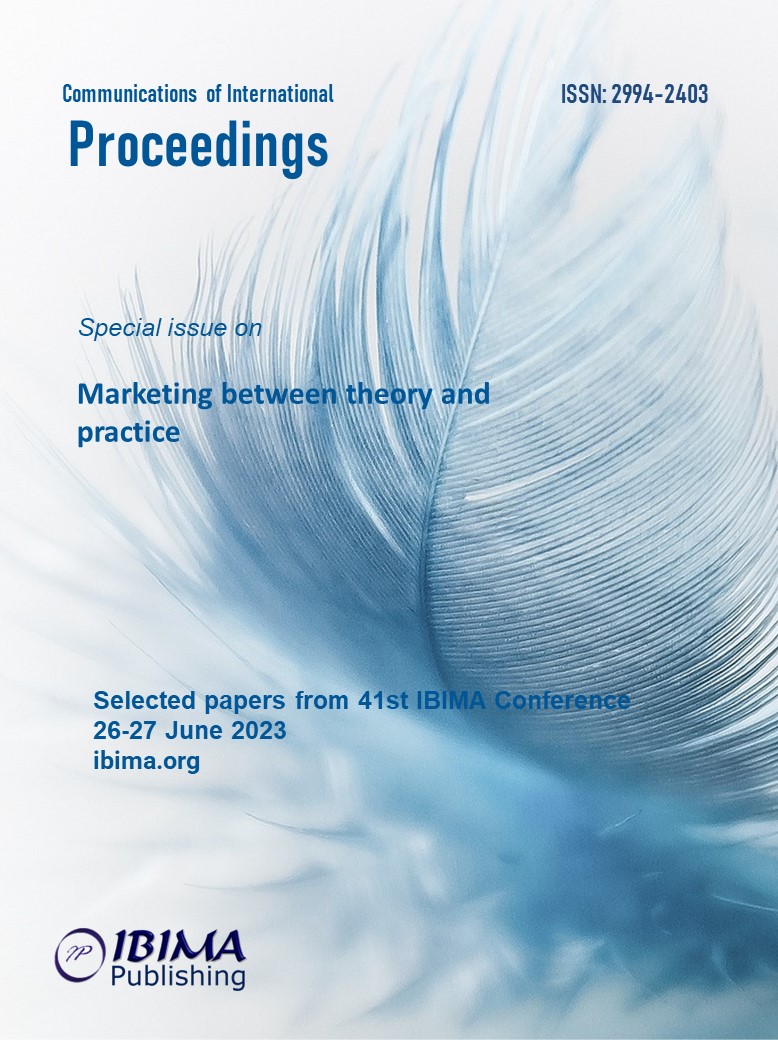
Bogdan GREGOR, Magdalena KALIŃSKA-KULA and Emilian GWIAŹDZIŃSKI
University of Lodz, Lodz, Poland

The current times, which carry the name of the digital revolution, have left their mark on the relationship between businesses and consumers in terms of both communication and the consumption of goods. In addition, the unexpected COVID 19 pandemic has acted as an intense stimulant and greatly accelerated these processes. One of the areas that experienced the fastest growth thanks to this was the ecommerce market. Given the potential presented, the authors formulated the objective of the article, which was to identify consumers’ online commerce behaviours caused by the COVID-19 pandemic. Its implementation was based on a purposive sample of 788 individuals. It turned out that there was an increase in the regularity of buying product categories such as clothes, fashion, shoes, consumer electronics/appliances, books, CDs, films, children’s items/toys, furniture and home décor, cosmetics, cinema/theatre tickets, travel, pharmaceutical products and food products. It fell, however, in categories such as phones, smartphones and insurance. It was also interesting to note that respondents identified factors such as 24-hour availability, possibility of making a purchase without leaving home, multiple offers can be easily compared, ability to make a purchase without having to be in physical contact with sellers or other buyers, wider range of products available, lower prices than in traditional shops, long period for returning purchased goods without giving a reason, accessibility of shop websites on mobile devices, promotions and discounts for online shoppers as more motivating to shop during the COVID 19 pandemic than before this period.